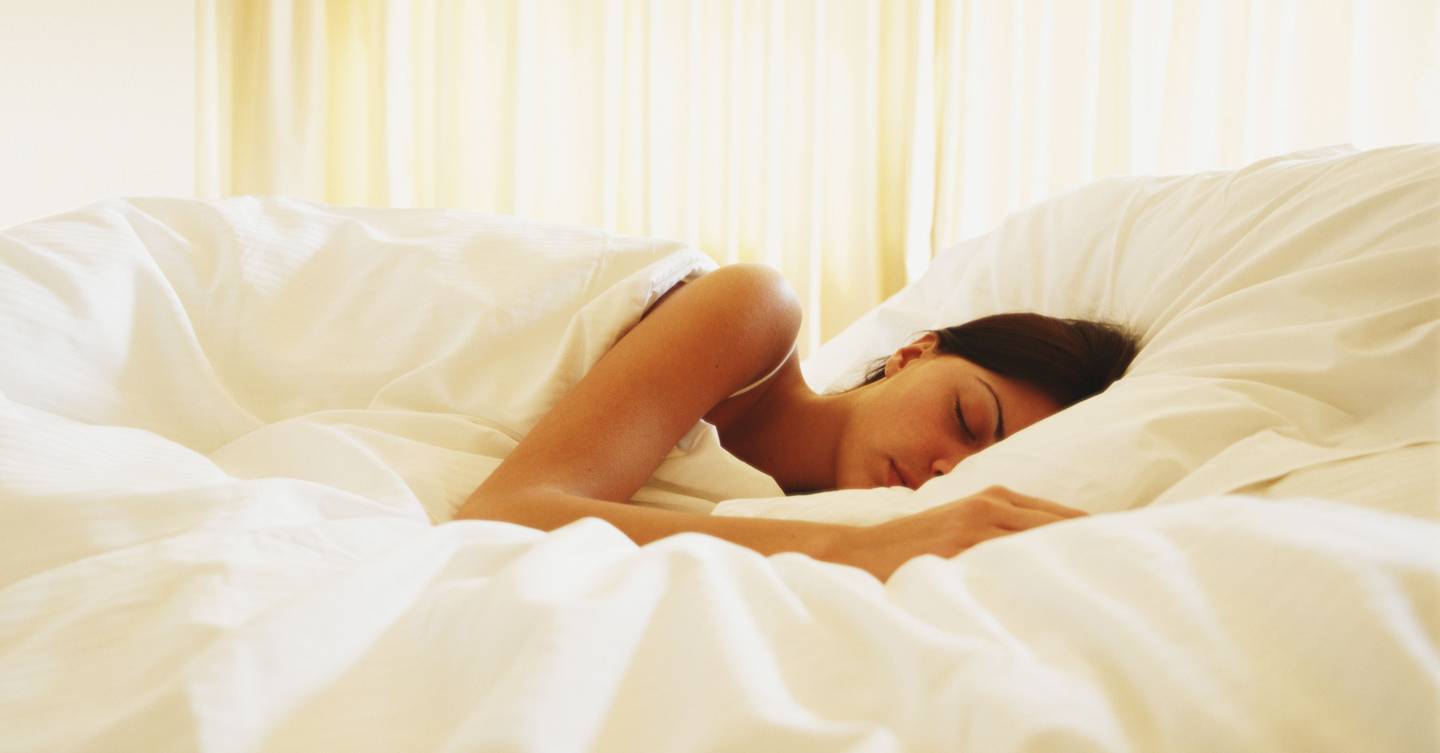We don’t know about you, but when it’s cold and drizzly outside, all we want to do is crank up the heating, snuggle down in bed and hibernate until Spring (waking up momentarily for Christmas, of course). But as cozy as a warm house sounds, it could be causing all manner of skin concerns, including making existing issues like eczema and psoriasis worse.
According to experts, central heating is one of the biggest contributing factors to dry skin over the winter months. “It is really our lifestyle habits that change with the season, not our skin itself,” says Olivia Thorpe, Founder of Vanderohe. “Alongside exercising less and eating less healthy food, we are also exposed to skin-drying central heating – and the colder it gets outside, the worse it gets.”
Similarly to air-conditioning, central heating reduces the moisture levels in their air, causing skin to become dry and tight. “Central heating adds an extra level of stress to managing dry skin, which is especially problematic when you have a pre-existing skin disease such as psoriasis or eczema,” explains Dr Adam Friedmann, Consultant dermatologist for Stratum Dermatology Clinics. “Warning signs that your skin might be too dry are if it feels rough to the touch, looks scaly or begins to flake.”
As well as causing dry conditions inside, central heating also causes problems due to the contrast in temperatures from outside. “The temperature changing from warm and cosy inside to chilly outside, also causes blood vessels to dilate, making the redness of acne and rosacea appear much worse,” says Dr Friedmann.
Rather than sit at home shivering, there are some helpful alternatives to try and alleviate problems caused by central heating. For starters, it could make a huge difference to your skin if you simply turned your heating off at night. “Making sure the heating is off during the night is an excellent way of easing skin dryness (especially if you have any skin conditions such as eczema or other inflammatory issues) as well as saving you a bit of money,” says dermatologist Dr Hiba Injibar from Dermasurge Clinic on Harley Street.
It might also be a good idea to try and replenish the moisture levels in the air: “If you have dry and dehydrated skin, you should use a humidifier, especially in the winter months when the air is drier,” recommends Dr Friedmann. A humidifier is a simple device which help to regulate the moisture levels in the air. Traditional humidifiers rely on a tank of water, which boils to emit steam into the air, while more advanced devices use ultrasonic vibrations to create water vapour for a more hygienic and a safer option.
It’s also beneficial to avoid exposing skin to either very hot or cold water: “The mixture of hot water and cold temperatures can leave your skin feeling raw and exposed,” says Dr Friedmann. Make your showers shorter and cooler and stick to warm baths to help you relax and moisturise your skin, especially if you add some nourishing bath oils.
And finally, remember as a general rule – if you have very dry skin, the thicker the cream the better. “If moisturisers are too thin, they will evaporate very quickly and leave skin drier,” explains Dr Friedmann. Of course, very thick creams are also more difficult to tolerate as they can feel greasy but it’s well worth trying in order to soothe the skin.
